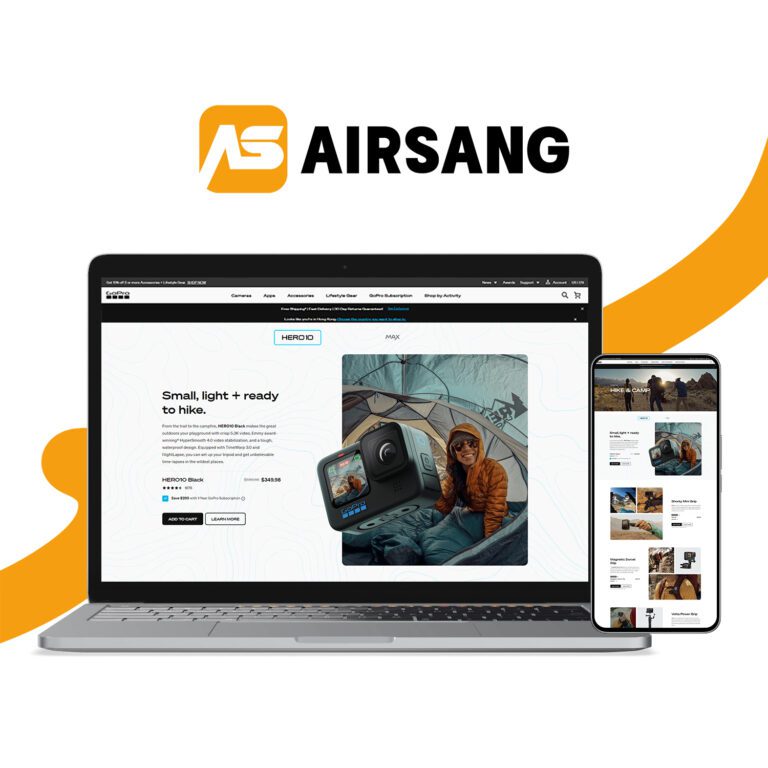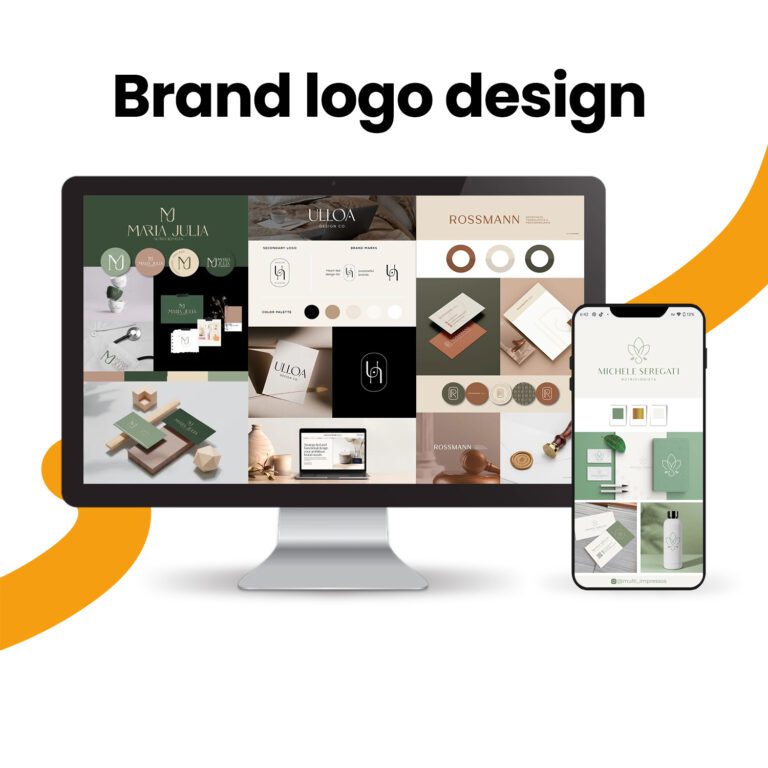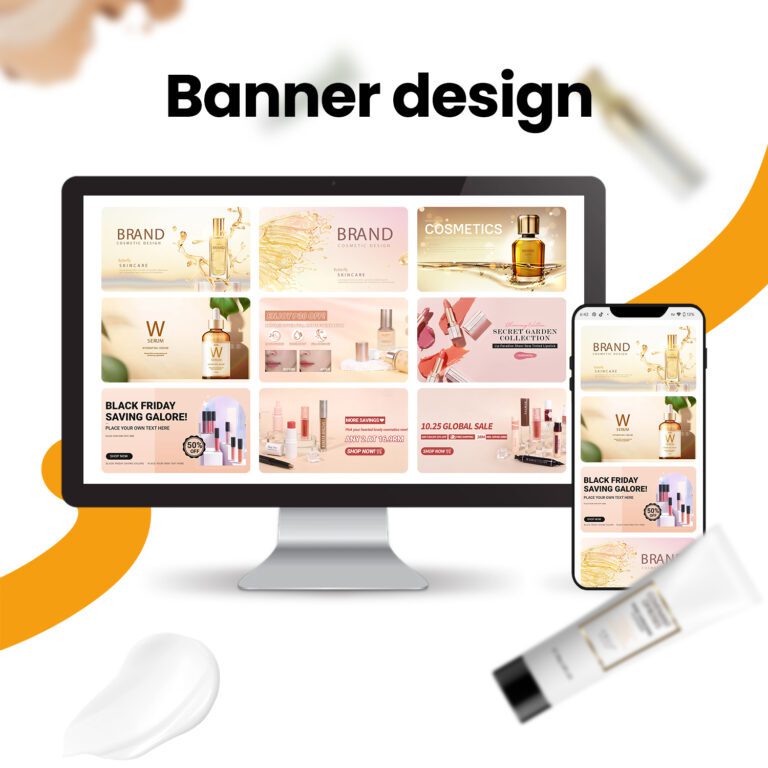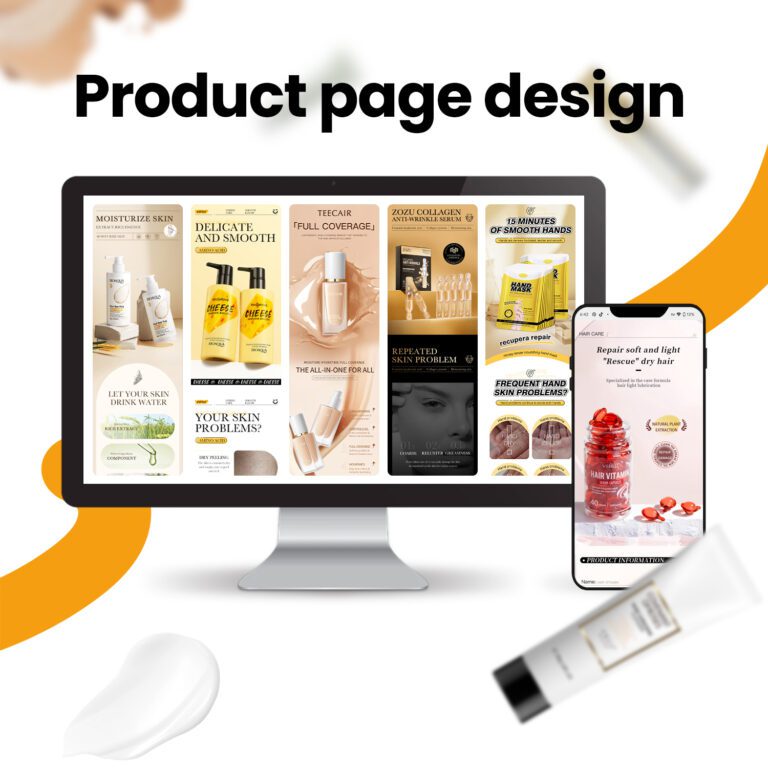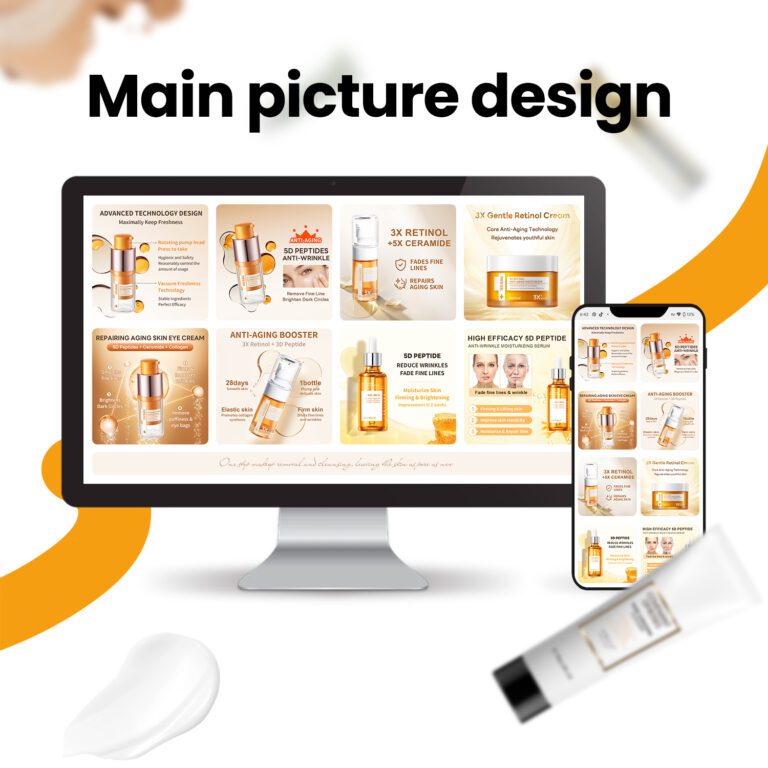Etsy vs Shopify: Choose Wisely or Your Business Will Fail!
Etsy vs Shopify: Choosing the right platform for your online store depends on your business model, growth goals, and technical expertise. We help entrepreneurs and businesses design, develop, and scale eCommerce platforms. In this guide, we’ll explore the differences between Etsy and Shopify, compare their pros and cons, and help you decide which is the best fit for your business.
Etsy vs Shopify: Overview
1. What is Etsy?
Etsy is an online marketplace that allows individuals and businesses to sell handmade, vintage, and unique products. Etsy has a built-in audience of millions of buyers, making it an attractive platform for new sellers who want to reach a global audience without a huge upfront investment.
- Key Features:
- Marketplace with built-in traffic
- Customizable store fronts
- Simple to set up and use
- Focus on handmade and creative products

2. What is Shopify?
Shopify, on the other hand, is an eCommerce platform that allows businesses to create their own online store. Unlike Etsy, Shopify gives you full control over your branding, store design, and customer experience. Shopify is best for businesses that want to scale and grow their store independently with access to a wide range of customization options.
- Key Features:
- Full control over your store’s design and branding
- Scalable and flexible eCommerce solutions
- Wide range of integrations and apps
- Advanced reporting and analytics tools

Key Differences Between Etsy and Shopify
Let’s dive deeper into the key differences between Etsy and Shopify, covering aspects such as ease of use, pricing, customization options, and marketing tools.
1. Ease of Use
Etsy is very easy to set up. If you’re just starting out and want to sell products without much hassle, Etsy offers a straightforward solution. You can create a store quickly, list your items, and start selling without needing much technical expertise.
Shopify, however, requires more involvement. While it’s still relatively easy to use, you need to spend more time customizing your store, choosing a theme, and adding products. Shopify’s ease of use is more suited for those who want to build a long-term business and are comfortable with some level of customization.
Winner: Etsy
Etsy is perfect for beginners who want a no-fuss entry into eCommerce.
2. Pricing
Both Etsy and Shopify have pricing structures, but they differ in how they charge and the services they offer.
- Etsy Fees: Etsy charges a listing fee of $0.20 per item and takes a 5% transaction fee on each sale. Additionally, there’s a 3% + $0.25 payment processing fee.
- Shopify Fees: Shopify offers several pricing tiers, starting at $29/month for the Basic plan. Transaction fees are 2.9% + $0.30 per transaction for online credit card payments. If you choose not to use Shopify Payments, additional fees may apply.
While Etsy’s fees are lower upfront, they can add up as your business grows. Shopify’s monthly fee can be higher, but it offers a more extensive set of tools and customization options.
Winner: Shopify (for scalability)
Etsy may be more affordable for small sellers, but Shopify provides better value for growing businesses.
3. Customization and Branding
Etsy offers a limited amount of customization. You can edit your shop’s banner, logo, and store description, but the overall look and feel of your store are constrained by Etsy’s predefined templates.
Shopify provides full control over your store’s design, allowing you to choose from a variety of themes or even build a completely custom site. Shopify’s theme editor and access to HTML/CSS give you the ability to fine-tune your branding and create a unique experience for your customers.
Winner: Shopify
Shopify excels in offering more control over your store’s design and functionality.
4. Payment Processing
On Etsy, you are limited to Etsy Payments for processing transactions. This is convenient because Etsy handles the payment system, but it also means you can’t choose a different payment processor like PayPal.
On Shopify, you have the flexibility to use Shopify Payments, PayPal, or other third-party payment gateways. Shopify’s payment system is also integrated with over 100 different payment providers, which means you can choose the one that works best for your business.
Winner: Shopify
Shopify’s flexible payment system gives you more options for managing transactions.

5. Marketing Tools
Both Etsy and Shopify offer marketing tools, but Shopify provides a more comprehensive set of features to help you drive traffic and increase sales.
- Etsy Marketing: Etsy offers Etsy Ads, email marketing, and social media integration. However, your reach is somewhat limited because you’re operating within Etsy’s marketplace.
- Shopify Marketing: Shopify provides more advanced features such as SEO optimization, email marketing, abandoned cart recovery, and advanced analytics. Shopify also integrates with tools like Google Ads, Facebook Ads, and Mailchimp to expand your marketing efforts.
Winner: Shopify
Shopify has a much more robust set of marketing tools to help you grow your store.
Pros and Cons of Etsy vs Shopify
Pros of Etsy
- Easy to set up: Quick setup process and built-in marketplace traffic.
- Lower upfront costs: Etsy’s fees are relatively low, making it easier to get started.
- Large audience: Etsy has millions of active buyers, making it easier to find customers right away.
- Less technical knowledge required: You don’t need to worry about hosting, security, or advanced customization.
Cons of Etsy
- Limited customization: You’re constrained by Etsy’s templates and don’t have full control over branding.
- Fees can add up: As your business grows, the listing and transaction fees may become a financial burden.
- Competing with other sellers: Etsy has a crowded marketplace, so standing out can be difficult without significant effort in marketing and optimization.
Pros of Shopify
- Complete control over branding: Customize your store’s design, content, and customer experience.
- Scalable platform: Shopify is built to grow with your business, offering advanced tools and features.
- Better marketing tools: Shopify provides integrated marketing features like SEO, ads, and email campaigns.
- Multiple payment options: Shopify allows you to use various payment processors and currencies.
Cons of Shopify
- Monthly fees: Shopify’s pricing starts higher than Etsy, which may be a barrier for small businesses just starting out.
- Learning curve: Shopify requires more time to set up and manage compared to Etsy, especially if you’re new to eCommerce.
- Additional fees: Transaction fees apply if you don’t use Shopify Payments, adding to your costs.
Which Platform is Right for You: Etsy or Shopify?
1. Etsy: Best for New or Small Sellers
If you’re just getting started with selling products online, Etsy is a great option due to its ease of use, low setup cost, and built-in customer base. Etsy works well for handmade, vintage, and unique products, and allows you to get your products in front of a large audience without having to worry about technical aspects.
2. Shopify: Best for Established or Growing Businesses
For established businesses or those planning to scale, Shopify offers a more robust, customizable, and feature-rich solution. It’s best for businesses that want to build a unique brand, have complete control over their design, and are looking for advanced marketing tools and multi-channel integration.
Conclusion: Making the Right Choice for Your Online Store
Choosing between Etsy vs Shopify ultimately comes down to the scale of your business, your budget, and your long-term goals. Etsy is perfect for smaller stores or creators just starting out, while Shopify offers more power and flexibility for scaling up as your business grows.
At AirsangDesign, we specialize in helping businesses create custom WordPress and Shopify solutions tailored to their needs. Whether you’re just starting out or looking to scale your online store, we can provide expert advice and build a platform that suits your business model.
Ready to take your online store to the next level?
Contact AirsangDesign today for a personalized consultation on building your perfect eCommerce store with Shopify or WordPress.

